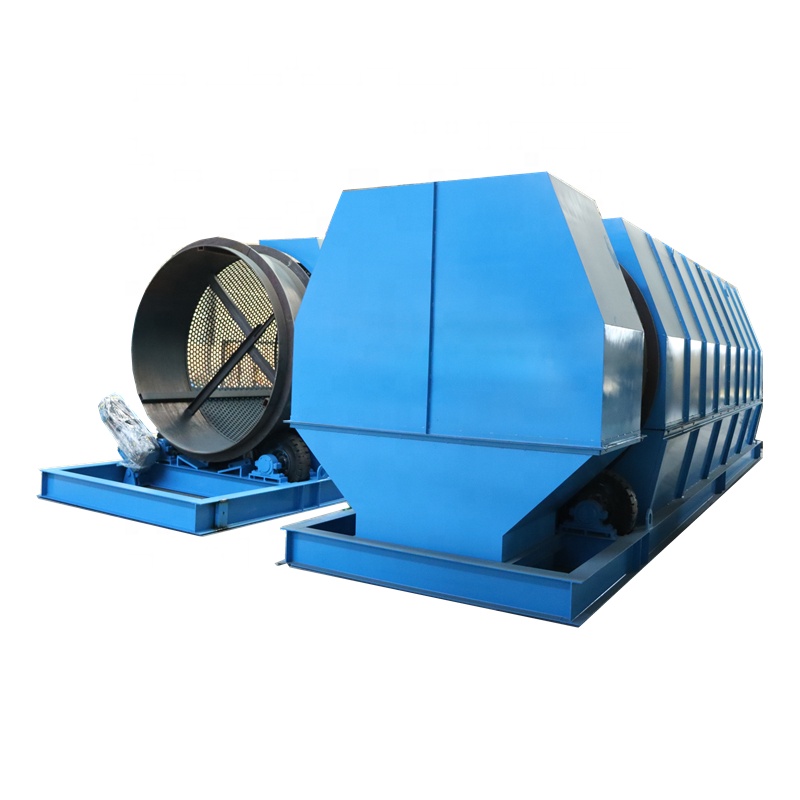
9 月 . 22, 2024 08:25 Back to list
Industrial Crushers The Backbone of Modern Manufacturing
Industrial crushers play a pivotal role in various sectors, from mining and construction to recycling and waste management. These robust machines are designed to reduce the size of large materials, making them more manageable for further processing or disposal. With a wide range of applications, industrial crushers are essential to the efficiency and effectiveness of modern manufacturing processes.
At their core, industrial crushers function by applying mechanical force to materials to break them down into smaller, more uniform pieces. This process is crucial for materials such as rocks, minerals, and waste products, which need to be processed into forms suitable for use or recycling. The primary types of industrial crushers include jaw crushers, cone crushers, impact crushers, and hammer mills, each designed to handle different materials and achieve specific outcomes.
Jaw crushers are among the most widely used in the industry. They operate on the principle of compression, where the material is crushed between two plates, one stationary and the other movable. This design allows them to handle large, hard materials efficiently, making them ideal for mining and building applications.
Cone crushers, on the other hand, are typically used for secondary or tertiary crushing. They employ a rotating cone along with a stationary bowl to crush materials. This mechanism not only ensures a more consistent product size but also enables the processing of more abrasive materials, which might damage other types of crushers.

Impact crushers utilize high-speed impact rather than compression to break down materials. They are particularly effective for softer materials and are ideal for producing finely crushed aggregates for construction. The rapid rotation of the rotor creates a high-velocity impact, ensuring a thorough breakdown of the input material.
In an era where environmental sustainability is becoming increasingly important, industrial crushers also play a significant role in recycling operations. They help in processing materials such as concrete, glass, and metals, making it easier to reclaim resources and reduce landfill waste. This not only minimizes environmental impact but also promotes a circular economy by ensuring that materials are reused and repurposed.
Moreover, advancements in technology have significantly improved the efficiency and functionality of industrial crushers. Automation and smart controls allow for better monitoring of the crushing process, optimizing performance and reducing downtime. These innovations have made it possible for industries to enhance productivity and lower operational costs while ensuring high-quality outputs.
In conclusion, industrial crushers are indispensable in today’s manufacturing landscape. Their ability to transform large, unwieldy materials into usable products is vital not only for operational efficiency but also for sustainability efforts. As industries continue to evolve, the role of industrial crushers will undoubtedly grow, driving innovation and productivity across multiple sectors. Understanding their various types and applications will help organizations select the right equipment to meet their specific needs and goals, ensuring they remain competitive in a rapidly changing market.
Latest news
Unveiling the Power of Eddy Current Separator
NewsSep.25,2024
Transform Your Home Recyclin:home metal shredder
NewsSep.25,2024
The Future of Waste Management with Recycling Line Picker
NewsSep.25,2024
The Benefits of a Metal Recycling Plant
NewsSep.25,2024
Revolutionize Material Separation with Onwang Technology
NewsSep.25,2024
Innovative Waste Management: Unveiling the MSW Sorting Plant
NewsSep.25,2024